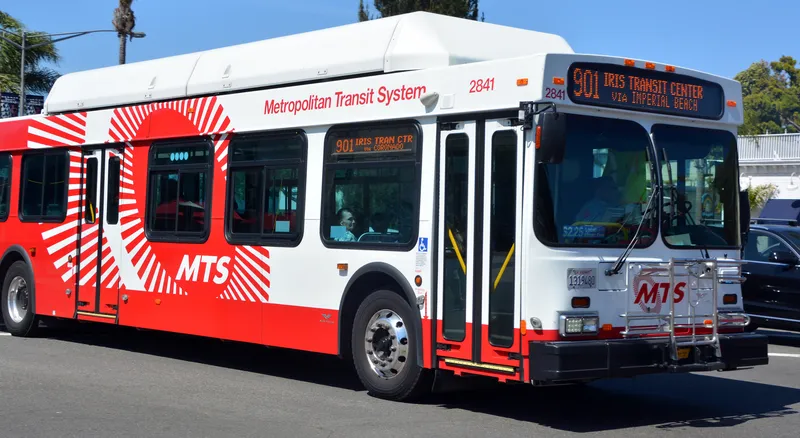Keolis is to operate and maintain the French Riviera Urban Community’s public transport network ‘Zest’, in a deal expected to generate a total revenue of €60 million.
Keolis is seeking to improve the transport network across 15 cities and villages of the community located along the Mediterranean coastline in southeast France. The company will also roll out digital services such as Wi-Fi in all buses.
From 8 July, the company’s subsidiary Keolis Menton Riviera will start running regular and extracurri
June 25, 2019
Read time: 2 mins
Keolis is seeking to improve the transport network across 15 cities and villages of the community located along the Mediterranean coastline in southeast France. The company will also roll out digital services such as Wi-Fi in all buses.
From 8 July, the company’s subsidiary Keolis Menton Riviera will start running regular and extracurricular buses.
In August, Keolis will operate an electric shuttle service for one year. Each vehicle will able to carry up to 20 passengers from locations such as the city centre and beaches every day from 9.00am to 6.00pm.
Keolis will introduce an intercommunal shuttle service to the Roquebrune-Cap-Martin service in September. In January 2020, a new shuttle will offer rides in the Turbie commune and 50 buses will operate along regular lines with access for people with reduced mobility.
Additionally, Keolis is to deliver 10 e-paper screens at bus stops – powered by solar panels – to display bus arrival times in real-time. The upgrade also includes the installation of 20 more screens in shopping centres, hospitals, stations and schools across the community.







